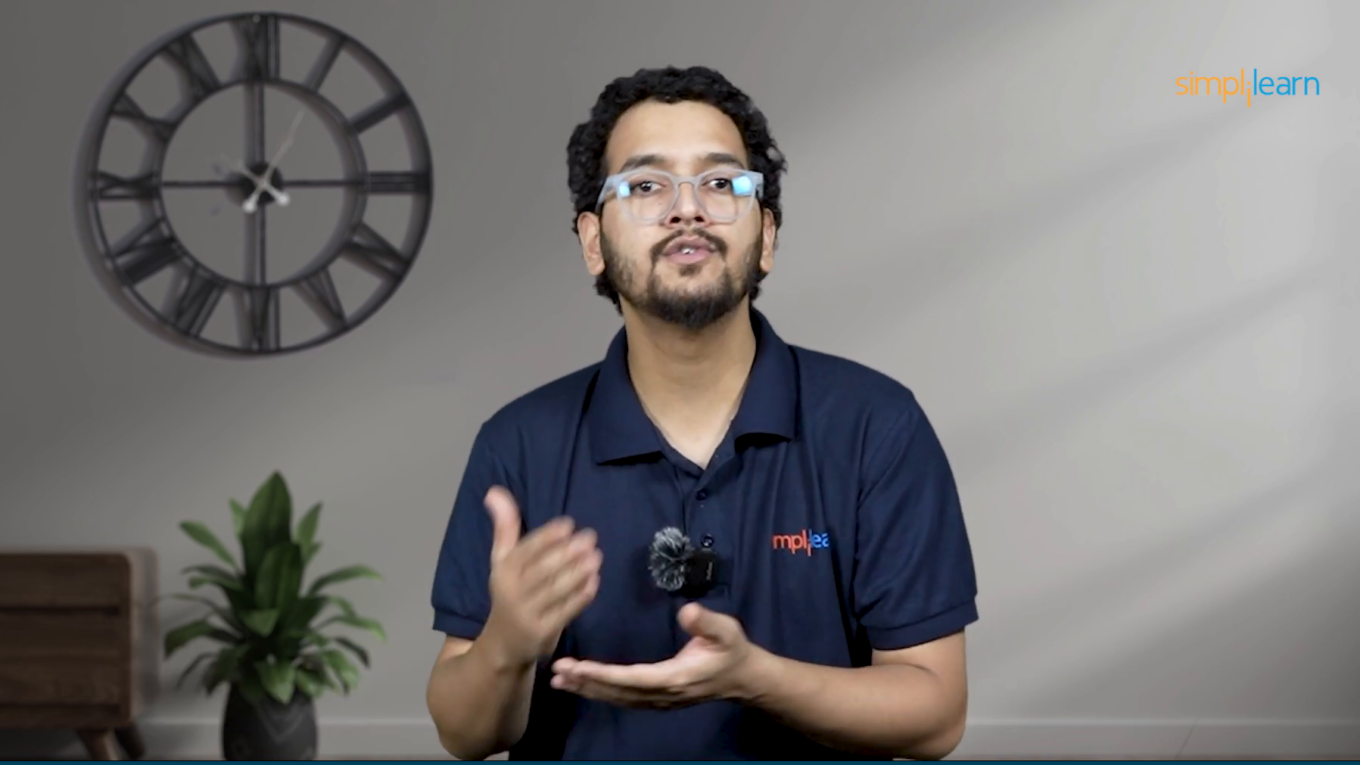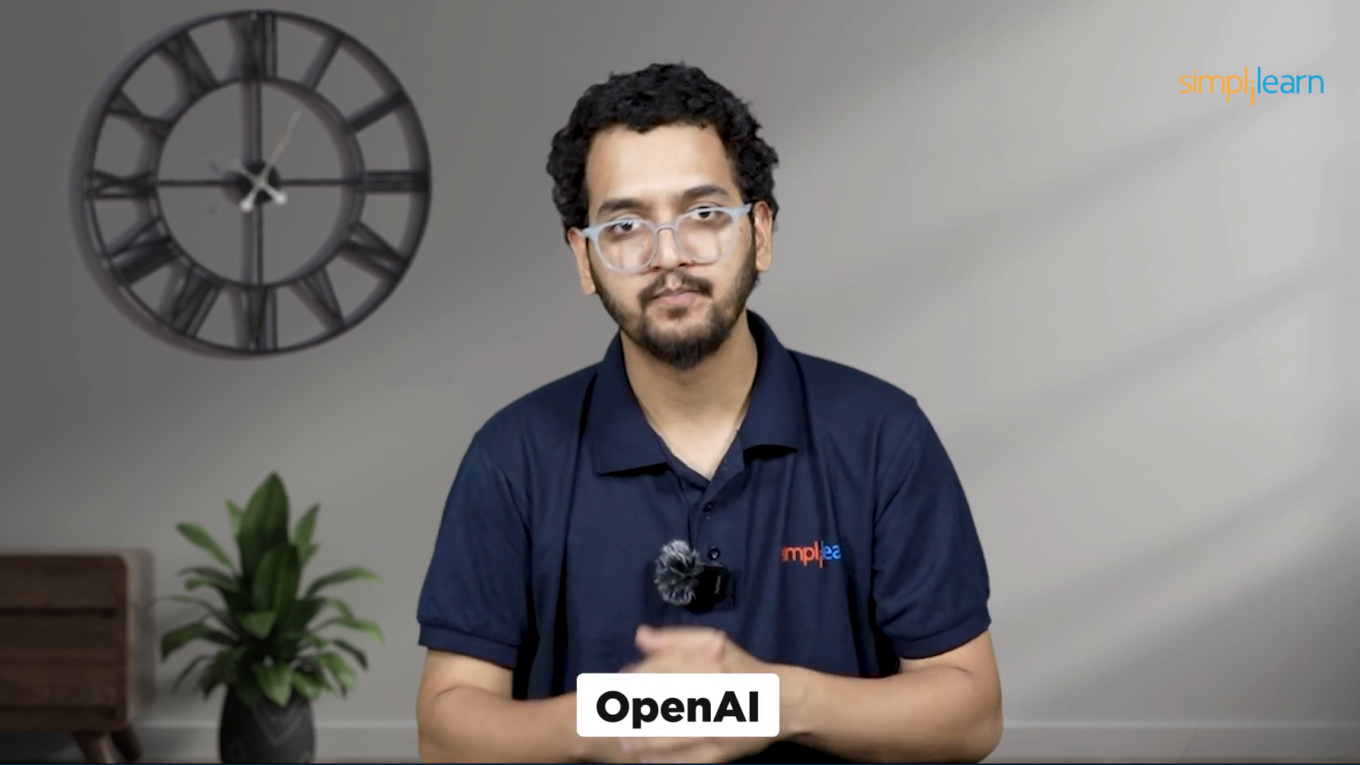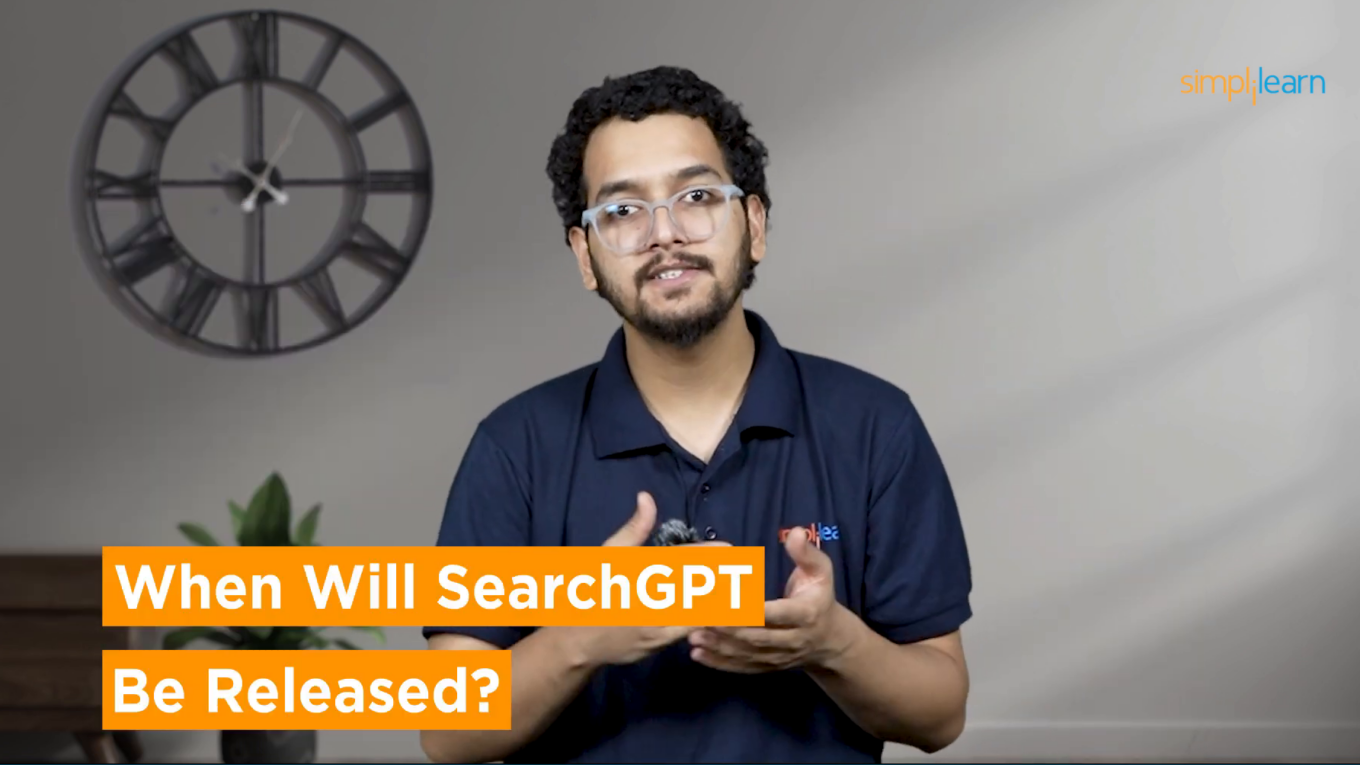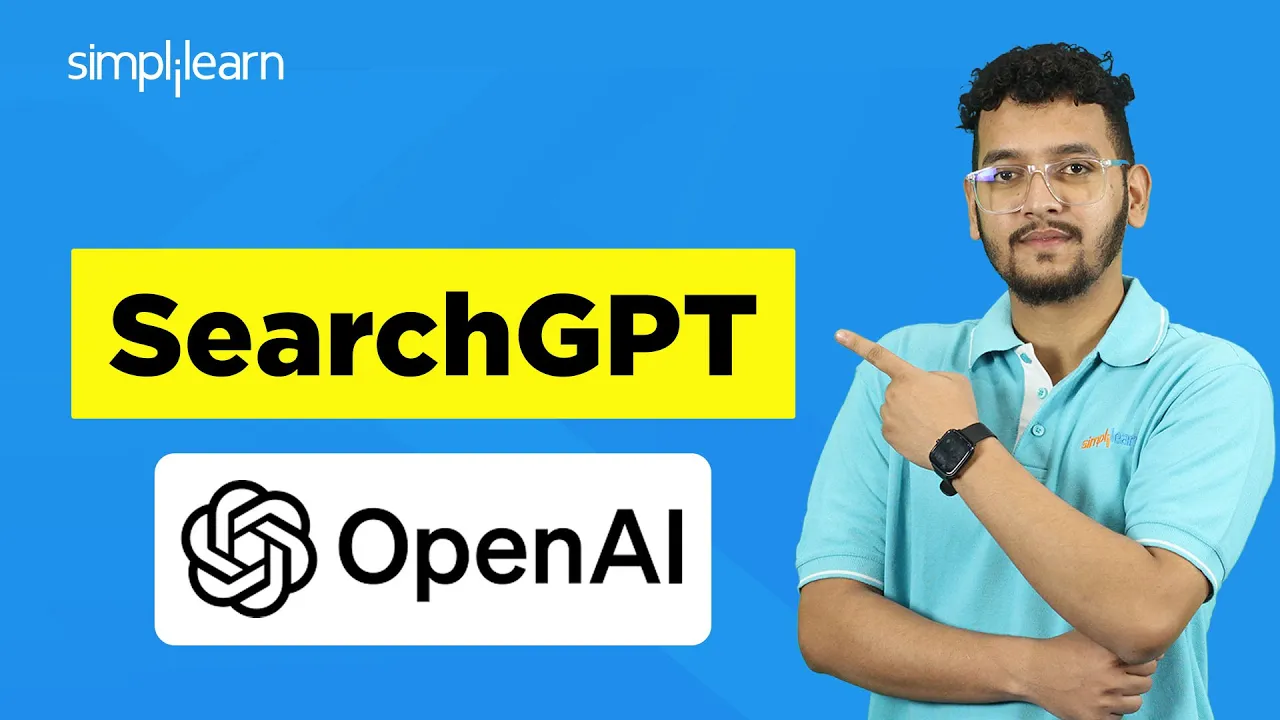Understanding SearchGPT: The Future of Information Retrieval
So, on July 25th, OpenAI launched SearchGPT which claims to have remarkable changes in the way people search for information around the Internet. Search engines use a traditional way whereby the user has to type in the keywords they are looking for, whereas SearchGPT understands normal questions asked by users. This new way of searching the internet can be described as a paradigm shift. Users no longer have to search using specific keywords and then go through numerous links, rather they ask SearchGPT one specific question and get their answer.
This blog will explore the functionalities of SearchGPT, how it is different from Google even if it did search the same set of information, how it is unlike any AI overview, and what is SearchGPT in relation to ChatGPT. We will also find out if it is possible for SearchGPT to ever outsell Google in terms of functionality and finally touch on the effects SearchGPT could have on the present and future nature of searching online.
What is SearchGPT?
SearchGPT is a new prototyped AI search engine by the OpenAi project. The objective is to enrich the search experience by offering the user a ready answer instead of just a number of links. The invention is targeted at enhancing the search experience overall, utilizing some specific aspects.

Key Features
- Direct Answers: SearchGPT delivers precise answers to user queries. For instance, if you ask about the best wireless noise-canceling headphones in 2024, it will summarize the top choices, highlighting their pros and cons based on expert reviews and user opinions.
- Relevant Sources: Responses from SearchGPT come with clear citations and links to original sources, ensuring transparency and accuracy. This allows users to easily verify the information and explore topics further.
- Conversational Search: Users can engage in a back-and-forth dialogue with the search engine. This interactive aspect allows for follow-up questions and refined queries, making the search experience more personalized.
SearchGPT vs. Google
As SearchGPT emerges, many are curious about its potential as a competitor to Google, the dominant search engine. While both tools aim to provide information, they operate differently.
Differences in Approach
- Conversational vs. Keyword-Based Search: SearchGPT utilizes a conversational interface, allowing users to ask questions in natural language and refine their queries through follow-up questions. In contrast, Google relies on keyword-based searches, where users must enter specific terms to find relevant web pages.
- Direct Answers vs. List of Links: One of SearchGPT’s standout features is its ability to provide direct answers. It summarizes information from various sources and cites them clearly, whereas Google typically presents a list of links, requiring users to sift through results.
- AI-Powered Understanding vs. Keyword Matching: Search GPT uses AI to understand the intent behind a user’s question, providing more relevant results even if the query isn’t perfectly worded. Google primarily uses keyword matching, which can lead to less accurate results, especially for complex queries.
- Dynamic Context vs. Isolated Searches: SearchGPT maintains context across multiple interactions, allowing for more personalized responses. Google treats each search as a separate query without retaining memory of previous interactions.
- Real-Time Information vs. Indexed Web Pages: SearchGPT aims to provide the latest information using real-time data from the web, while Google relies on its indexed web pages, which may include outdated or less relevant information.
SearchGPT vs. AI Overviews
Both SearchGPT and AI overviews utilize AI technology, but they approach information delivery differently. As both tools evolve, their features may overlap, but here are some current distinctions:

Comparison Points
- Source Attribution: SearchGPT provides clear citations linked directly to the original sources, making it easy for users to verify information. In contrast, AI overviews may include links, but the citations might not always be clear or directly associated with specific claims.
- Transparency and Control: SearchGPT promises greater transparency by giving publishers control over how their content is used, including the option to opt out of AI training. AI overviews offer less transparency regarding content selection and summarization processes.
- Scope and Depth: SearchGPT strives to deliver detailed and comprehensive answers from a broad range of sources, including multimedia content. AI overviews provide concise summaries of key points, often with links for further exploration but with a more limited scope.
SearchGPT vs. ChatGPT
SearchGPT and ChatGPT, both developed by OpenAI, share some core features but serve different purposes. Understanding their distinctions can help users choose the right tool for their needs.

Differences in Functionality
- Primary purpose: SearchGPT is an application for search, it retrieves facts and web pages as the answer to the query. Conversely, ChatGPT excels as a conversational application, with its strength in generating text for various purposes.
- Information sources: The information in SearchGPT is extracted from the web in real time, in opposite to ChatGPT, which was trained on a corpus of data and so May be outdated.
- Response format: SearchGPT answers question in a short and concise way and provides in-text citations including hyperlinks to the sources. On the other hand, ChatGPT’s response is upon request, and quite often longer in form of text templates, summaries, creative writing, or even programming codes.
- Use cases: It works best for gathering details, conducting studies, and handling activities that require current information. ChatGPT tends to perform in tasks that involve free form writing such as creative writing, brainstorming, drafting of emails and other open-ended tasks.
Release Timeline for SearchGPT
At present, SearchGPT is in a limited prototype, which means it is not available to the public. OpenAI has made the tool available to a few selected users in order to test the tool and obtain feedback that will help in enhancing it.

To begin using Search GPT, one has to wait in line for the service as indicated on its website, though one needs to have a ChatGPT account for this. The expected date set for everyone to have a complete public release of this Undoubtedly, A full public release by the end of 2024 seems unrealistic. We do not presume that the complete use of the chatbot will be available by the year 2023. We will most likely postpone enhancements to ChatGPT’s features and any potential separate launch to 2024 or even 2025.
Conclusion
SearchGPT is a new way of searching for information that has undergone a major transformation. Such characteristics do not allow to compare it with any other informational search systems, including Google. The system is currently in the prototype stage, but its advancement seems very promising in transforming the whole search process and perhaps could act as a supplement to existing products rather than entirely replacing them.
Also as we are still in the process of looking at the future of AI and search, it is important to understand tools which enhance search capabilities such as SearchGPT. If you are a lover of technology or just a specialist who wants to increase his/her skills, then such devices will be the smooth ‘searching muscle’ that enables more friendly and effective information gathering.
